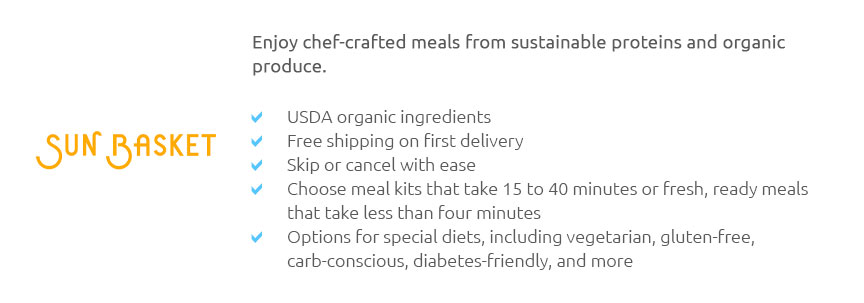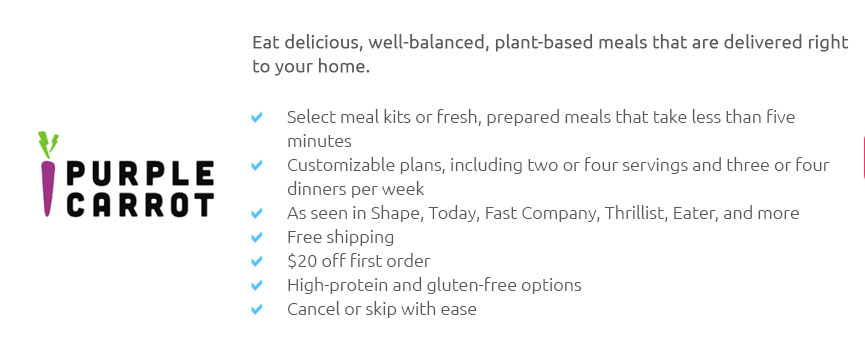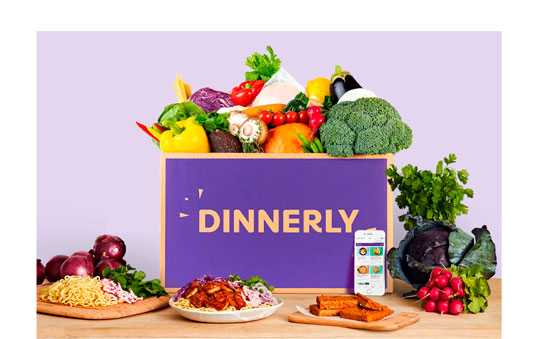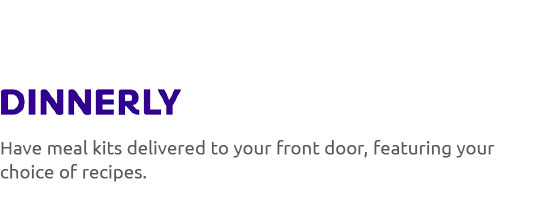 |
 |
 |
|---|
 |
|---|
 |
||||||
|---|---|---|---|---|---|---|
|
||||||
 |
 |
|||||
 |
 |
|||||
 |
 |
|||||
 |
 |
|||||
 |
 |
|||||
 |
 |
|||||
 |
 |
|||||
 |
 |
|---|
Exploring the World of Diet Meal KitsIn recent years, the concept of diet meal kits has surged into the limelight, becoming a convenient solution for individuals aiming to manage their dietary preferences and health goals amidst a bustling lifestyle. The appeal of these kits lies in their ability to provide meticulously planned meals that cater to various nutritional needs, from weight loss aspirations to muscle-building diets, all delivered right to your doorstep. But what exactly are diet meal kits? Essentially, they are subscription-based services that offer pre-portioned ingredients and easy-to-follow recipes, allowing customers to whip up healthy meals without the hassle of meal planning and grocery shopping. It's a modern culinary trend that blends convenience with health consciousness, a fitting solution for those who find themselves juggling numerous responsibilities but still wish to maintain a balanced diet. One of the notable advantages of diet meal kits is their ability to simplify the process of eating healthily. They eliminate the often-daunting task of determining what to eat, especially for those who may not have a strong foundation in nutritional knowledge. For instance, these kits often come with detailed nutritional information, offering transparency and empowering users to make informed decisions about their food intake.
Despite these advantages, it's essential to consider some potential downsides. Cost can be a significant factor; these kits often come at a premium price compared to traditional grocery shopping, which might not be feasible for everyone in the long term. Additionally, while diet meal kits strive to offer fresh ingredients, the dependency on packaging and delivery raises environmental concerns, particularly regarding waste and carbon footprint. Moreover, there's the question of culinary creativity. While meal kits provide a structured approach to cooking, they may inadvertently limit one's ability to experiment and innovate in the kitchen. That said, for many, the benefits outweigh the drawbacks, especially for those who prioritize convenience and health but are short on time. As with any dietary choice, it's crucial to assess one's individual needs and circumstances. Ultimately, diet meal kits are an intriguing option in the modern landscape of eating, offering a bridge between nutritious eating and the demands of a fast-paced world. Whether you're a culinary novice or a seasoned home cook, these kits can serve as a valuable tool in your culinary arsenal, providing both sustenance and inspiration. https://www.nutrisystem.com/?srsltid=AfmBOopQW9lXuhVWEQ8zOKQxqcvbCmvUgxhpEYlkgaMCJjz3s1eDLXmo
Get a proven weight loss solution that works for you. Choose from healthy diet plans with meals delivered to your door, including high-protein choices. https://www.cleaneatzkitchen.com/products/weight-loss-meal-plan-delivery?srsltid=AfmBOorMAJiz1h4RRIVMVFmqPVQYOepgZcdHgVHThW4XE9KcE4X3PzJw
Transform your diet with Clean Eatz Kitchen's weight-loss meal delivery. Calorie-controlled, portion-perfect meals delivered to your door. No Subscriptions! https://sunbasket.com/?srsltid=AfmBOoq1SVLTa-qO5y77MBdYHE_d78wBhRD_gYmRJZpSSwOEkC572MWC
Rated a Top 10 Meal Kit. USA Today Reader's Choice. #1 Meal Kit for Healthy Eating. Healthline. Best for Variety! Food Network. How It Works. 1. Salmon Dinner ...
|
|---|


